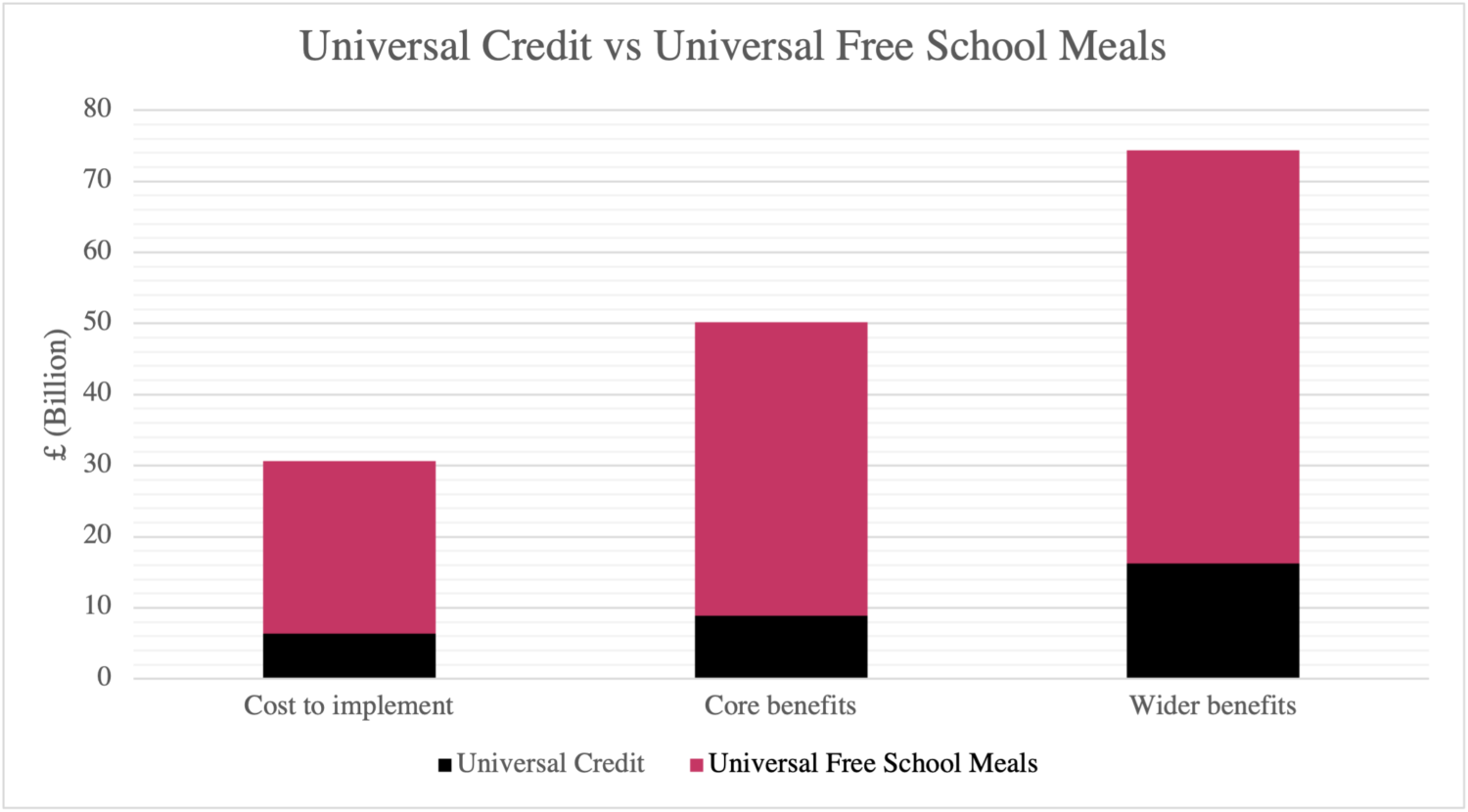“It’s something that we as parents, and we as a society should be behind 100%”, said Tim Hagyard, the father of a year-five pupil at Westfield Community Primary School, at the launch of the City of York Council’s first universal free school meal pilot.
He added “you can see the difference in the children— they’re more alert, they’re brighter, and they’re taking things in more.”
All the children in all of the year groups at Westfield Primary will receive free school meals from now until December 2025.
Currently pupils in reception, Year 1 and Year 2 who attend state-funded schools in England already receive free lunches, but this scheme now includes Years 3-6 who, unless they have a household family income of less than £7,400, are usually exempt.
The deputy headteacher at Westfield said, “a significant number of families in our area are just above that threshold” — so are offered no support.
This ambitious pilot project has been funded with £200,000 from the council’s own coffers, but, as one of the worst funded local authorities in the country (according to the Institute of Fiscal Studies’ August 2023 report), the majority of the funding will have to come from elsewhere.
Cllr Bob Webb, the Executive Member for Children, Young People, and Education at the City of York Council, explained that following the successful implementation of the pilot at Westfield, the council intend to spread the policy to the rest of the city’s primary schools, however, to do so, they will need to find further funding.
Just before Christmas, and with the Archbishop of York’s support, city council launched a public appeal for residents and businesses to make donations to help pay for the project.
Weeks later, a donation of £20,000 was made by York-based building company Persimmon Homes. This allowed for the launch of a second pilot scheme, for pupils to receive free breakfasts at Burton Green Primary School in Clifton.
Considering the council only have enough funding to pay for one school themselves, the Cllr said that Westfield had been chosen because it has “higher levels of deprivation” than anywhere else in York.

All IMD statistics were derived from The City of York Council’s website, you can see in the data in full detail here.
The Index of Multiple Deprivation (IMD) is the measurement the UK government uses to determine how badly an area is lacking in certain basic necessities (based on measures of Income, Employment, Education, Skills and Training, Health, Disability, Crime, Barriers to Housing and Services and Living Environment).
The lower the rank of deprivation, the more deprived an area is.
As the map (above) demonstrates, the ward of Westfield is a clear outlier. More than 56.4% of households are deprived, which is more than 10% higher than the average for the rest of York. In fact, with a deprivation index of 26.6, it’s ranked within the 20% most deprived areas in the entire country.
Cllr Webb did add that there was more to his choice than these statistics, adding, “you want to take it on in a place where people are ambitious and in Westfield they are already doing so much to make a difference.”
Long before council-backed free school meals (FSM) were even a distant option, teachers at Westfield Community School had been providing in-house solutions for hungry pupils, often at a personal cost. These included free fruit at breaktimes and regular free breakfast events.
The pilot has already had a huge impact on parents, adding to Tim Hagyard’s glowing remarks, another parent, Jessica Stone said, “I think everybody will benefit from it, from the children to the parents to even the teachers, because I bet the teachers at the moment are getting a lot more from the children than they were previously.”
Headteacher Lamara Taylor confirmed this, saying that when it comes to getting pupils engage with their learning, food really matters.
Parent Tim Hagyard took things a step further as he said, “There’s that society impact as well — children that are well fed, that are more engaged with their schoolwork are then more attentive outside of school. You’ve got better behaviour; you’ve got fewer social problems because of behaviour. They’re more engaged with the community.”
The national campaign for universal free school meals
The Food Foundation, a national charity that worked in coalition with the footballer Marcus Rashford to secure national free school meals on a temporary basis in 2020, argue exactly as Tim puts it — that if fully implemented, FSM will have a transformative impact on society as a whole.
Shona Goudie, The Policy and Advocacy Manager for the charity said, “Investing in FSM will make a meaningful difference to improving children’s health, wellbeing, educational attainment, and school attendance, by guaranteeing them a nutritious and filling meal each day and taking the pressure off tight family budgets.”
“As the transformative potential of free school meals is being increasingly recognised at local level, we are calling for the scheme to be expanded nationwide. Hundreds of thousands of children across the rest of the country are living in poverty and yet still do not qualify for a Free School Meal. Government should fairly expand FSMs across England so that no child living in poverty misses on this vital lifeline.”
The Food Foundation point to research from Impact on Urban Health— a non-for-profit group who focus on inner-city heath inequalities. The study estimated the costs and benefits of implementing FSM on a much wider scale by means testing FSM to all those who receive Universal Credit. It then compared the costs and expected benefits, (including expected lifetime earnings), if FSM was offered universally to every pupil in England.

The core benefits were defined as the increased cost savings to schools, increased lifetime earnings and contributions to the economy as a result of better learning, increased savings on food costs for families, and increased NHS savings. Over their working life, the children impacted were estimated to save the economy a net amount of more than £17 billion.
Local criticism
There have still been some questions as to the practicability of implementing free school meals in York.
The leader of the Conservative party group in the City of York Council, Chris Steward, said, “Although we welcome efforts to provide free school meals to all pupils, unfortunately the reality of what they are delivering in pilots, in some specific areas, falls well short of the manifesto pledge that helped Labour win a majority in the 2023 Local Election. There is unfortunately a large gap between well-meaning intentions and financial reality.”
In response Labour’s Cllr Webb said, “We are implementing this pledge in a responsible way by working with schools to assess what works first, before this initiative is rolled out to more primary schools over the course of this Labour council administration.”
He urged anyone able to support the initiative to do so, adding, that until FSM is recognised by the national government, to make it work in York “We need big or small donations from people who want to help.”
If you’d like to help the Hungry Minds Appeal, you can donate through the two ridings campaign here.









Add a comment